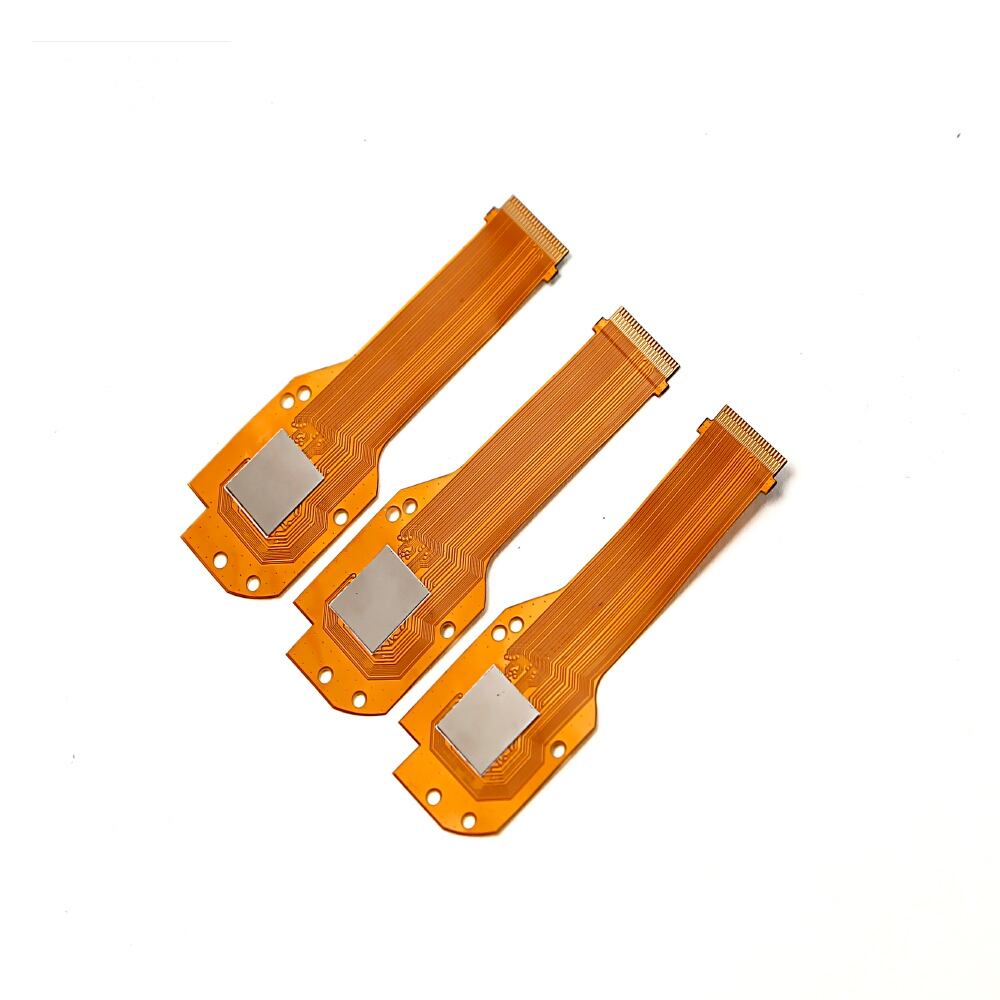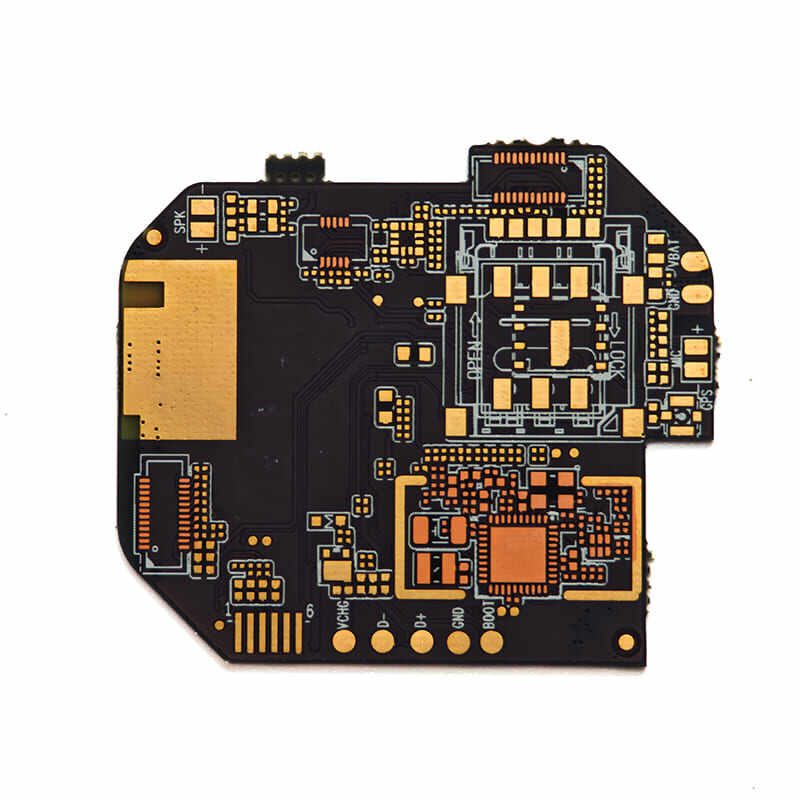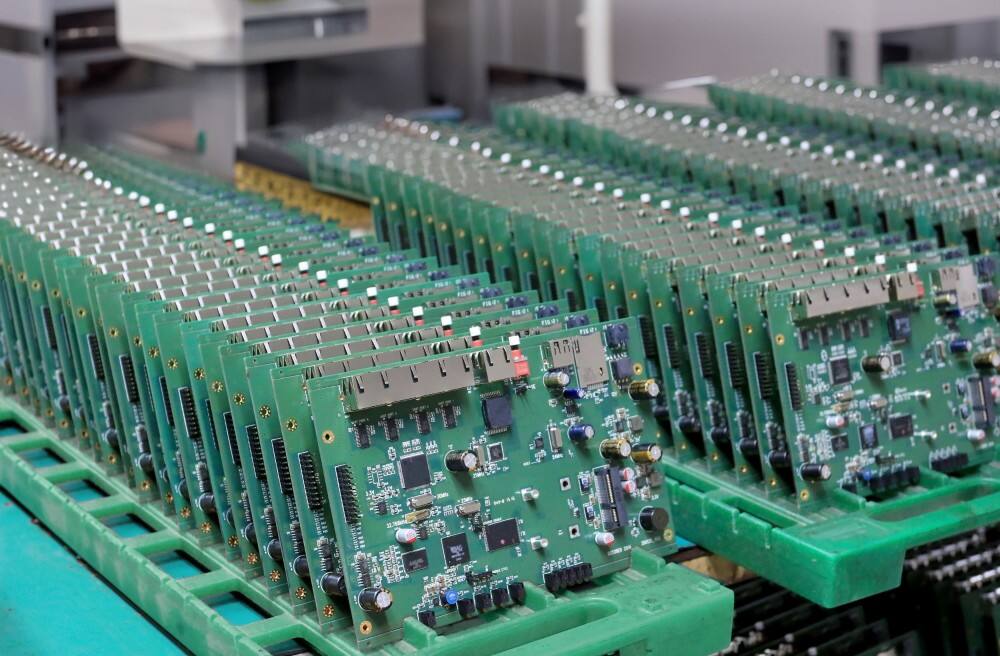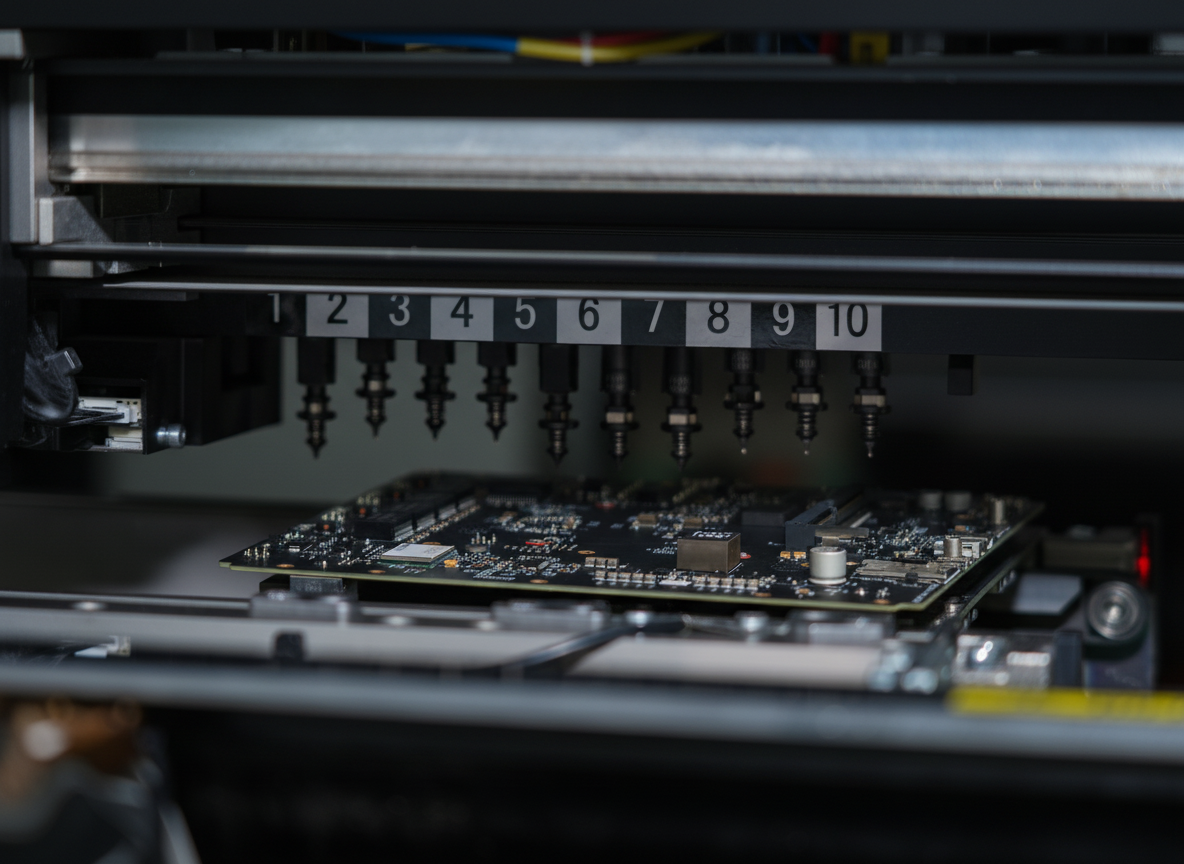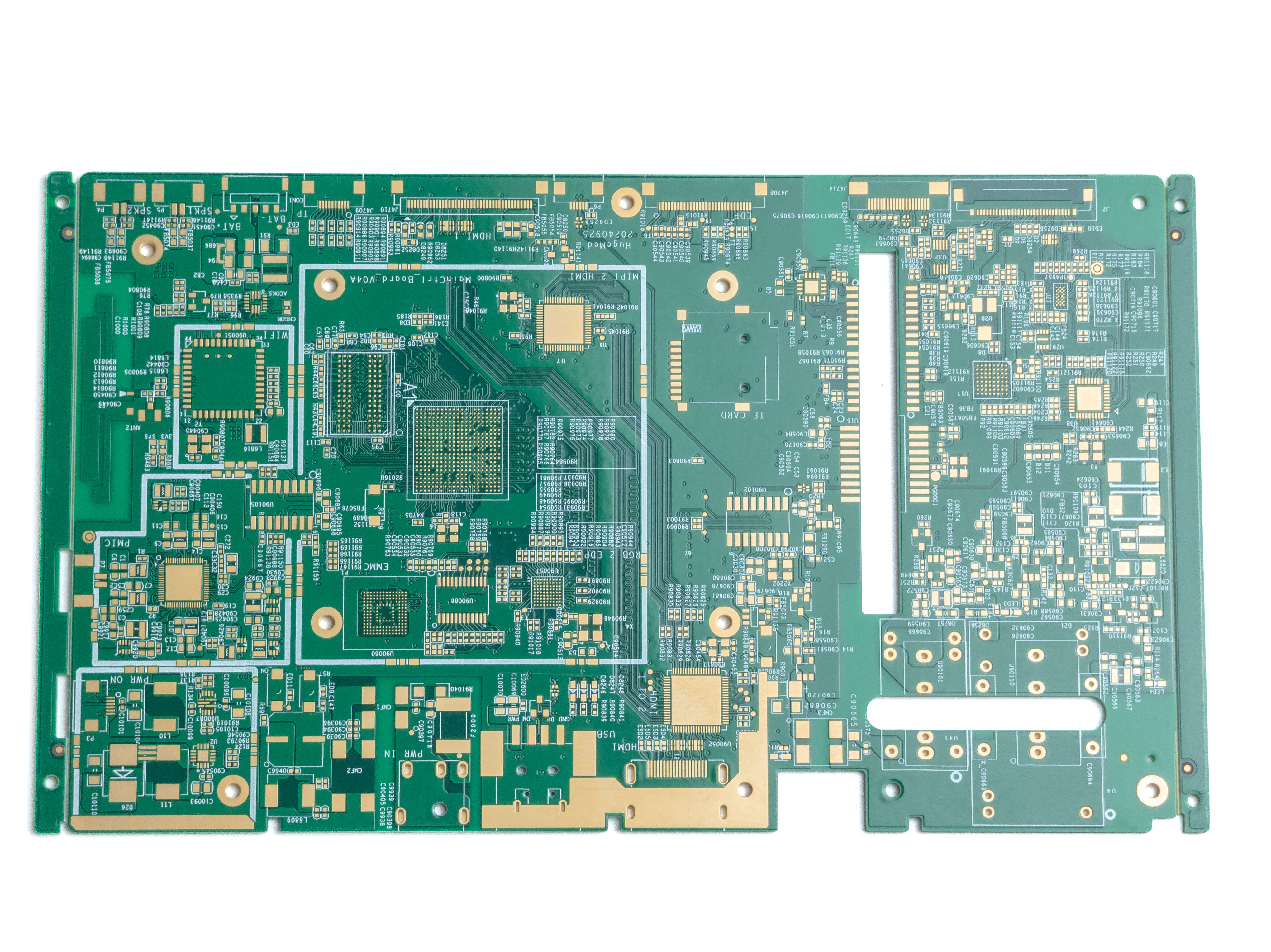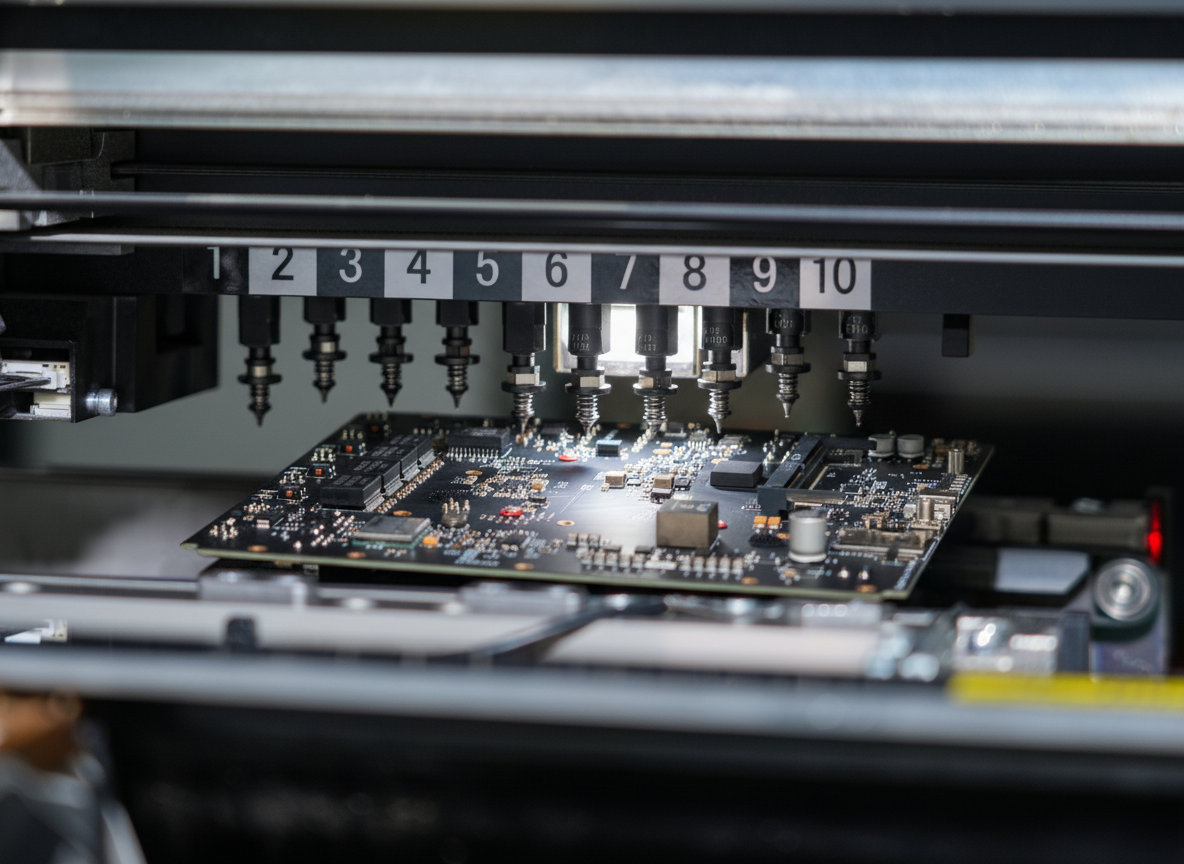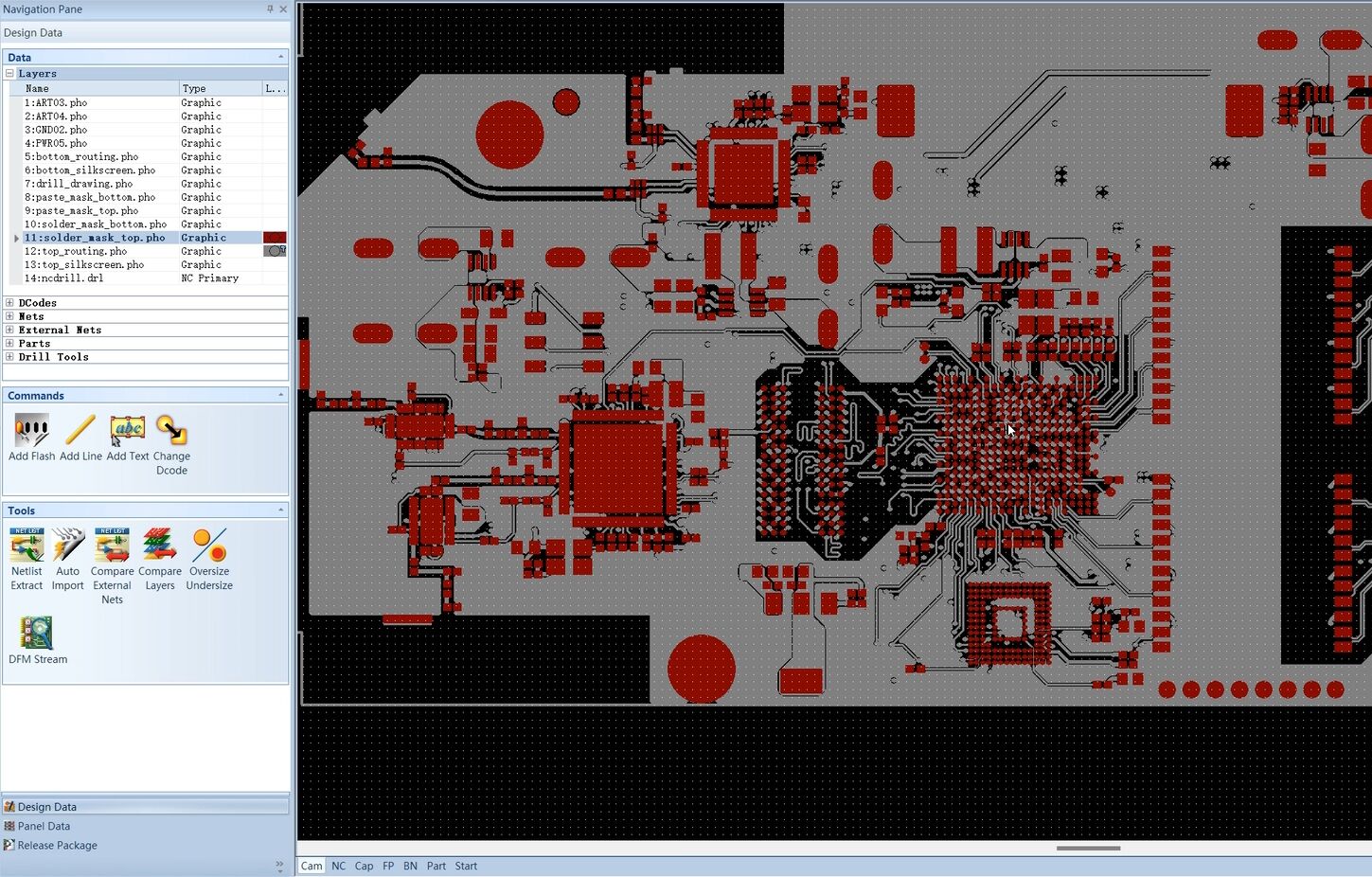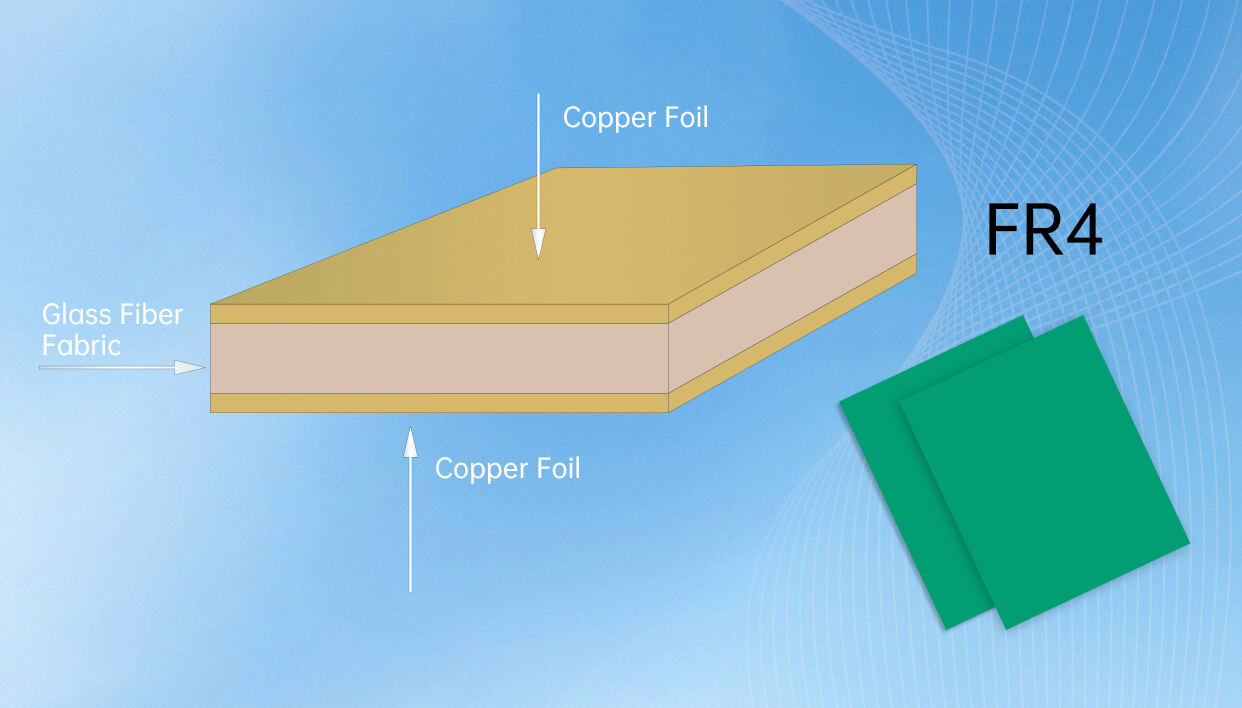flexible printed circuit board
A flexible printed circuit board (FPCB) represents a revolutionary advancement in electronic connectivity, combining the reliability of traditional rigid PCBs with the versatility of flexible materials. These innovative circuits are fabricated on flexible substrates, typically polyimide or polyester films, allowing them to bend, fold, and conform to various shapes while maintaining their electrical integrity. FPCBs feature conductive pathways etched or printed onto the flexible base material, enabling complex electronic connections in a remarkably thin and lightweight package. The technology incorporates multiple layers of conductors and insulators, supporting sophisticated circuit designs while maintaining flexibility. These boards excel in applications where space is limited or movement is required, making them ideal for modern electronic devices. They can be designed in various configurations, including single-sided, double-sided, and multilayer structures, each serving specific application requirements. The manufacturing process involves precise layering of materials, careful etching of circuit patterns, and the application of protective coatings to ensure durability and reliability in diverse operating conditions. FPCBs have become instrumental in advancing electronic design, particularly in portable devices, automotive systems, and medical equipment, where traditional rigid circuits would be impractical or impossible to implement.

